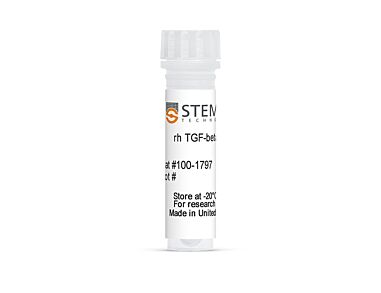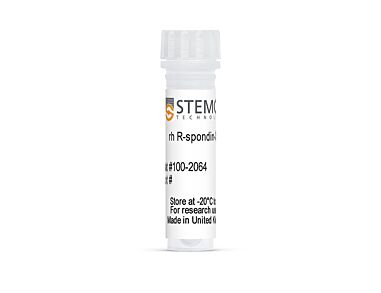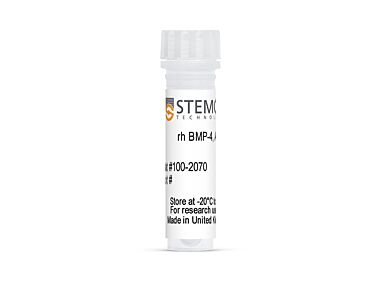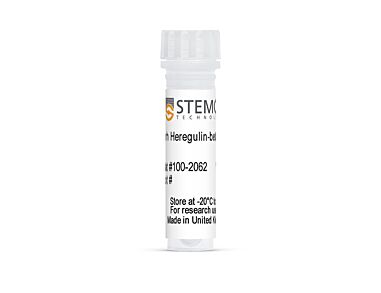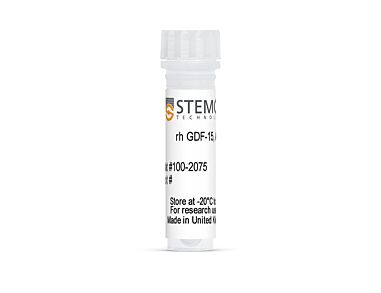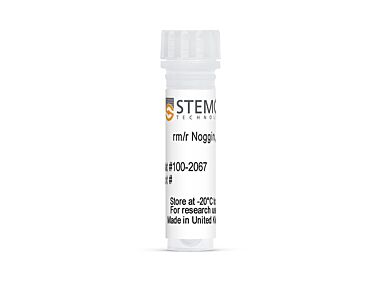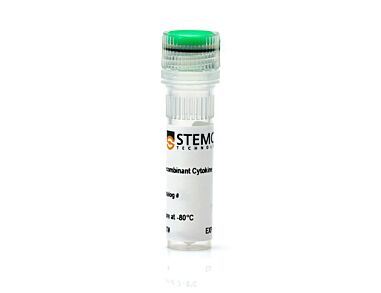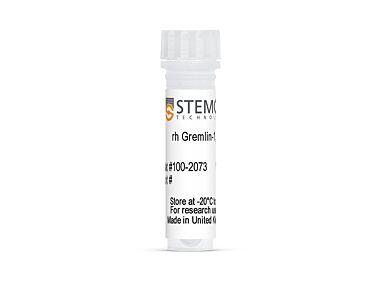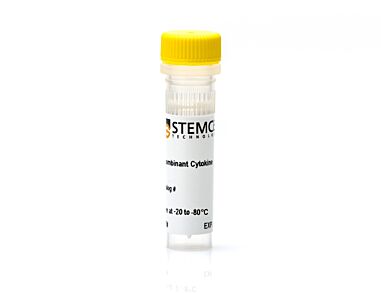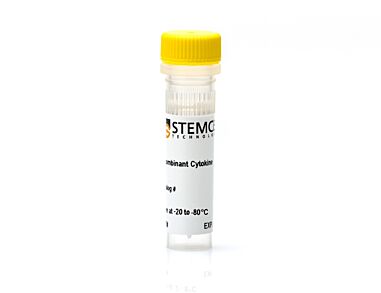The store will not work correctly when cookies are disabled.
JavaScript seems to be disabled in your browser.
For the best experience on our site, be sure to turn on Javascript in your browser.
Shop By
Filter Results
Product Type
Cytokines and Proteins 261
items
Application
Activation 19
items
Cell Culture 19
items
Area of Interest
Angiogenic Cell Research 6
items
Cancer 17
items
Disease Modeling 1
item
Endothelial Cell Biology 11
items
Epithelial Cell Biology 56
items
Immunology 107
items
Infectious Diseases 25
items
Metabolism 22
items
Neuroscience 93
items
Organoids 3
items
Respiratory Research 2
items
Stem Cell Biology 171
items
Cell Type
Adipocytes 2
items
Airway Cells 20
items
Angiogenic Cells 5
items
Astrocytes 1
item
B Cells 47
items
Brain Tumor Stem Cells 6
items
Cancer Cells and Cell Lines 13
items
Dendritic Cells 31
items
Endoderm, PSC-Derived 31
items
Endothelial Cells 16
items
Epithelial Cells 10
items
Fibroblasts 5
items
Granulocytes and Subsets 8
items
Hematopoietic Stem and Progenitor Cells 99
items
Hepatic Cells 5
items
Intestinal Cells 20
items
Keratinocytes 13
items
Lymphocytes 22
items
Macrophages 8
items
Mammary Cells 13
items
Mesenchymal Cells, PSC-Derived 12
items
Mesenchymal Stem and Progenitor Cells 40
items
Mesoderm, PSC-Derived 48
items
Monocytes 38
items
Myeloid Cells 22
items
NK Cells 28
items
Neural Cells, PSC-Derived 48
items
Neural Stem and Progenitor Cells 56
items
Neurons 67
items
Osteoblasts 8
items
Other 20
items
Pancreatic Cells 2
items
Plasma 5
items
Pluripotent Stem Cells 61
items
Prostate Cells 24
items
Red Blood Cells 1
item
Smooth Muscle 4
items
T Cells 67
items
T Cells, CD4+ 25
items
T Cells, CD8+ 21
items
T Cells, Other Subsets 6
items
T Cells, Regulatory 5
items
Formulation Category
Animal Component-Free 54
items
Species
Human 192
items
Mouse 53
items
Other 15
items
Rat 6
items
Subtype
Cytokines 228
items
Growth Factors 49
items
Peptide Pools 18
items
Recombinant Proteins 5
items
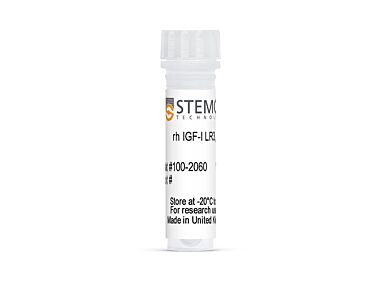 Human Recombinant IGF-I LR3, ACFInsulin-like growth factor 1 long arginine 3, animal component-free
Human Recombinant IGF-I LR3, ACFInsulin-like growth factor 1 long arginine 3, animal component-free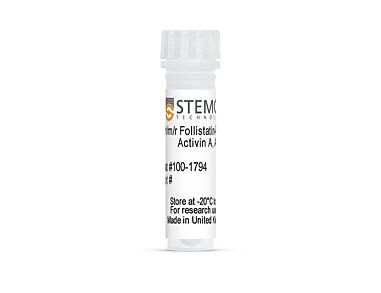 Human/Mouse/Rat Recombinant Follistatin-Resistant Activin A, ACFFollistatin-resistant Activin A, animal component-free
Human/Mouse/Rat Recombinant Follistatin-Resistant Activin A, ACFFollistatin-resistant Activin A, animal component-free